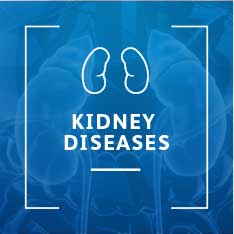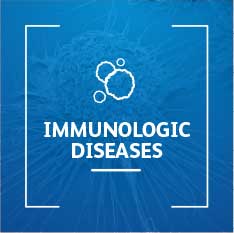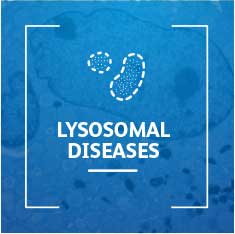A meaningful impact on patient care
Biologic medicines, including biosimilars, come in different forms, such as monoclonal antibodies and growth factors. Their capacity to precisely target signaling pathways and cells is revolutionizing the battle against challenging disease areas.
biologics AND THEIR BIOSIMILARS have been used successfully to
treat many different life-threatening and chronic diseases


kidney cancer


diabetes


blood cancers


lung cancer


breast cancer


gastrointestinal
diseases


inflammatory
diseases


cardiovascular
diseases


immunologic
diseases


lysosomal
diseases
EXPANDING OPTIONS
As potential alternatives to reference biologics, biosimilars may potentially expand treatment options to meet the growing demand for biologic therapies.
Biosimilars may improve access to biologics
Biosimilars have the potential to make a positive impact on patients by offering additional treatment choices to patients, physicians, and payers at a lower cost to the healthcare system. These savings to the healthcare system may enable more patients to have access to biologics, which could result in improved health outcomes for patients.
Biosimilars may help reduce the out-of-pocket costs of biologic medicines
One of the main reasons biosimilars were introduced in the United States was to potentially lower healthcare costs. As such, it is expected that healthcare providers, such as clinics or hospitals, will be able to acquire biosimilars at a lower wholesale cost than their reference products. Because of this, biosimilars may have the potential to lower out-of-pocket costs for patients with costsharing requirements, such as coinsurance and co-payments.
For example, patients who may pay less in the form of coinsurance include:
- Patients covered by Medicare Part B who don’t have supplemental insurance and typically pay 20% of the Medicare-approved amount for most outpatient therapies
- Patients with private insurance who are required to pay coinsurance for specialty drugs, including biologics
Biosimilars may also provide cost savings to the healthcare system overall.
Check with your healthcare provider or insurance company about your coverage details.
